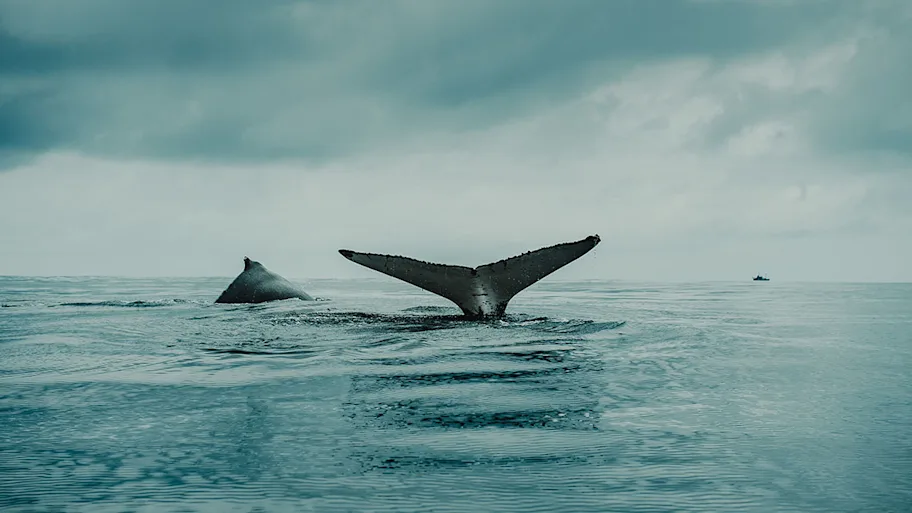
- Science news
- Environment
- Water for People or Nature: Do we Really Need to Choose?
Water for People or Nature: Do we Really Need to Choose?

Great Ruana River Basin in Tanzania. Image by Shutterstock
As World Water Day focuses the world’s attention on the urgent problem of global water security a new paper Managing Rivers for Multiple Benefits–A Coherent Approach to Research, Policy and Planning published in Frontiers in Environmental Science discusses for the first time how to improve ecosystem conditions for societal use – until now seen as separate issues.
— By Justyna Lisowska
Water is the source of life and is critical for a range of services to humankind – fresh water supply and sanitation, food, energy generation, water and erosion regulation, soil formation, nutrient and water cycling, and things like recreation and eco-tourism.
Yet as the planet’s population grows freshwater ecosystems have become more and more threatened by anthropogenic pressure. In recent years, the demographic explosion as well as rapid global urbanization, intensive large scale agriculture and modern industry have led to the unsustainable exploitation of natural water resources, compromising river conditions and the availability of good quality water.
Global ecosystems also rely on water and, critically, the quality and proper functioning of these ecosystems provide all the goods and services that people take for granted. Water security has become an alarming problem and solutions are needed quickly.
But how do we begin to find solutions to such a huge challenge? How do we reconcile a constantly growing dependence on water for human use with the need to ensure that crucial river ecosystem functions, often ignored by water security guardians, are preserved?
In this new article, Managing Rivers for Multiple Benefits–A Coherent Approach to Research, Policy and Planning, WWF-UK’s Dave Tickner, and his co-authors, spell out a new approach: reaching consensus through trans-disciplinary dialogue between different schools and representatives of societal groups.
Ecologists, environmental economists, engineers, agronomists, hydrologist, social scientists and finally politics and economy analysts are encouraged to gather together to discuss different needs, set up common goals and take unbiased, objective decisions. Until now, this has not been the norm. Analysis is usually done separately and this leads to disconnected analytical points of view increasing misunderstandings and a sense of competition between those representing the interests of the water ecosystem – trying to ensure its quality and health – and those responsible for water security.
Using the Great Ruana River Basin in Tanzania as a case study, Tickner and his co-authors propose a new conceptual framework to highlight the interplay between river condition and river ecosystem services. The framework also focuses on the role and importance of institutional and infrastructure processes in distributing access to river ecosystem goods and services to different groups in society, and reveals how these decisions are filtered by politics and economics. By applying an interdisciplinary approach and inviting different societal representatives to join the discussion, this framework aims to ensure an equal and objective distribution of ecosystem services without prioritizing the interests of the most powerful layers of society.
REPUBLISHING GUIDELINES: At Frontiers, open-access and sharing research is part of our mission. Unless otherwise noted, you can republish our articles posted in the Frontiers blog – as long as you credit us with a link back. Editing the articles or selling them is not allowed.






